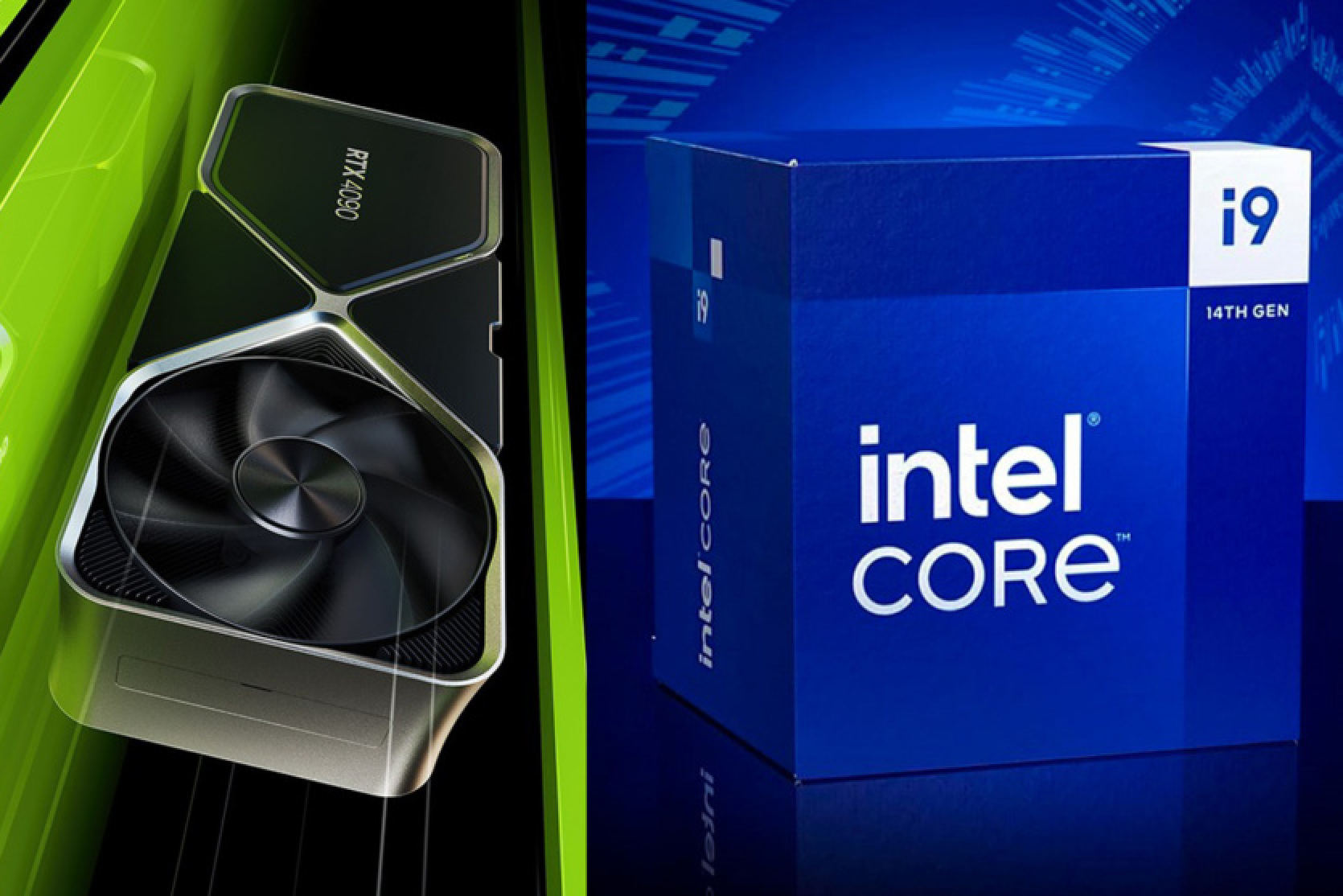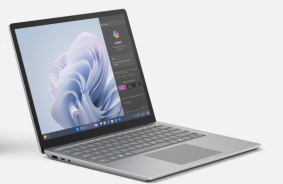Manufacturers of motherboards offer solutions to the compatibility issue between NVIDIA graphics cards and Intel 13th and 14th generation K-series processors. As expected, they have changed the processor profiles and reduced the excessively high TDP restrictions. This addresses errors in video memory and stability issues during shader compilation in games.
ASUS
The company has released a BIOS update for its Z790 and B760 series motherboards with a new setting called Intel Baseline Profile. This is intended to be a one-step solution to the problem.
"The update introduces the Intel Baseline Profile option, which allows users to revert to Intel's default settings for basic functions, lower power restrictions, and improved stability in certain games."
When enabled, the motherboard uses the basic profile for 13th and 14th generation processors, complying with all restrictions defined by Intel. However, researchers report a noticeable decrease in performance of Core i9-14900KS and other K processors when these restrictions are applied.
Tim Sweeney, the CEO of Epic Games, who often criticizes various technological companies, positively commented on the introduction of baseline profiles.
Thanks ASUS! Users need an easy way to reset settings to those that the hardware maker has validated as being stable. Without this, PC gaming was devolving into unfixable unreliability.
— Tim Sweeney (@TimSweeneyEpic) April 20, 2024
MSI
In response to a request from HardwareLuxx, MSI has provided recommended settings for users experiencing stability issues with standard BIOS settings. However, the BIOS shown by MSI is not yet available in this form as of Friday, April 26th, with updates expected.
In the overclocking settings, users should choose Intel Default in the CPU Lite Load Control setting. Additionally, the Boxed Cooler option should be selected in the CPU Cooling Tuning section, which sets a PL1 limit of 253W for the Core i9 processor, while opting for a large air cooler would set a PL1 limit of 288W, and selecting a water cooler would set the power limit to 4096W, which many researchers believe is causing failures.
Gigabyte
Gigabyte has also released a BIOS update for motherboards with Z790 and B760 chipsets. Under Advanced CPU Settings - Intel Baseline, users can select Turbo Power Limits.
The solution turned out to be a reduction in processor power limits, which will likely result in decreased performance. This is clearly not the outcome that owners of K-series Core chips, designed for the highest possible performance, would want to see.
Source: HardwareLuxx














Comments (0)
There are no comments for now